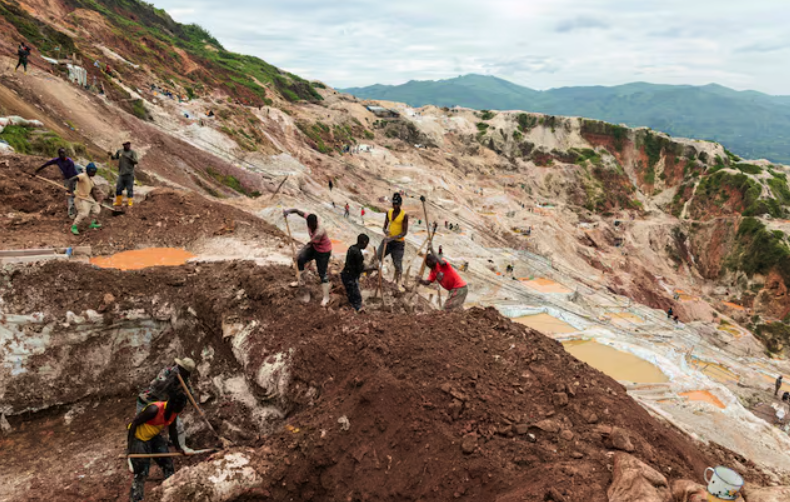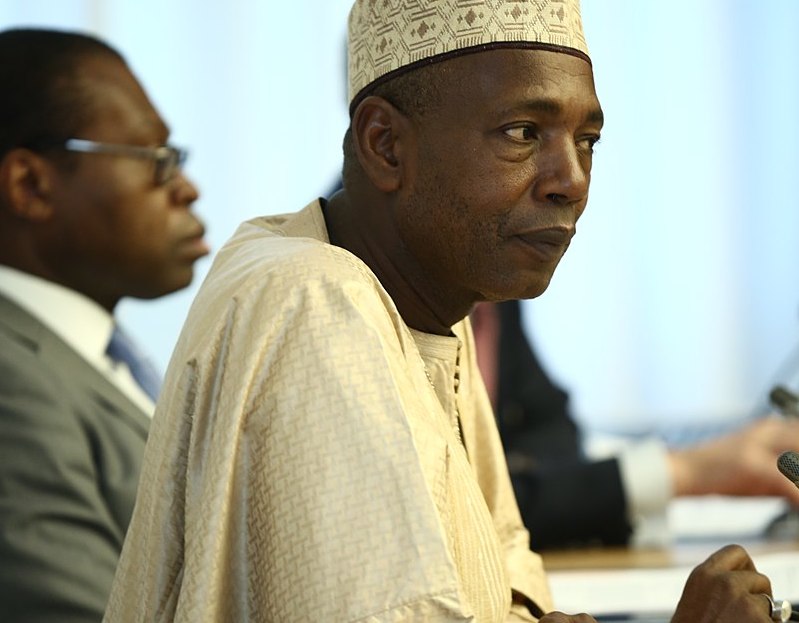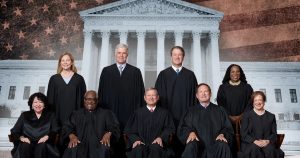Gambiaj.com – (BANJUL, The Gambia) – Hamat N.K. Bah, the longest-serving cabinet minister in the current government, appeared before the National Assembly’s Special Select Committee on Tuesday to clarify what he described as widespread confusion and misinformation surrounding the disposal of assets linked to former President Yahya Jammeh.
Bah told lawmakers that rumors, speculation, and inaccurate information about the sale of Jammeh-era properties had fueled public distrust and, at times, threatened national stability. His appearance, he said, was aimed at “setting the record straight” and explaining the government’s role in the process.
He outlined the chain of events following the submission of the Janneh Commission report, noting that the Cabinet reviewed the findings and issued a white paper.
From there, a Cabinet subcommittee, referred to as the ministerial task force, was established to advise on which assets should remain under state ownership and which could be sold.
A technical committee of permanent secretaries supported the subcommittee by assessing the assets and making recommendations.
“Whatever recommendations we made, we submitted to the Cabinet for final approval. Some assets were approved for sale, others retained as government property,” Bah said, underscoring that the task force only played an advisory role and did not make final decisions.
Bah confirmed that several property allocations, including high-profile cases, were revoked after review to prevent overlapping claims.
While some assets listed by the Janneh Commission were eventually sold, others were kept for state use. He acknowledged that the process remains incomplete, with many properties still unsold and the committee continuing to advise Cabinet on the way forward.
He further disclosed that certain lands were released for investment only after court authorization, enabling the Gambia Tourism Board to allocate them to potential investors. However, he added that comprehensive verification of all assets still requires collaboration with the Attorney General and Ministry of Justice.
Throughout his testimony, Bah defended the government’s handling of the matter, insisting that all decisions were guided by Cabinet directives and legal advice.
“Parliament has a responsibility to get the facts before the people. That is why I welcomed this committee,” he stated.
Bah’s appearance underscored that while progress has been made, unanswered questions remain about the full status of Jammeh-era assets, highlighting ongoing challenges surrounding transparency, public accountability, and procedural gaps in the disposal process.










